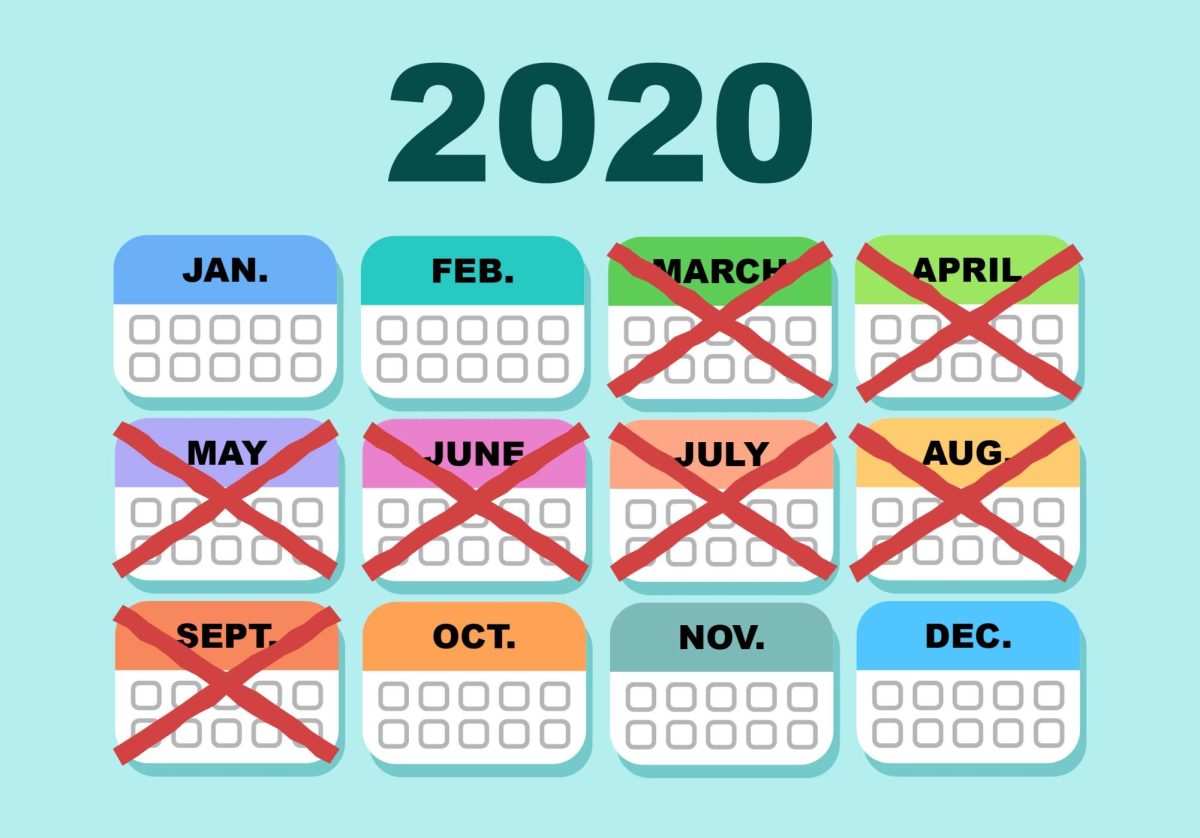As much as I want to discuss the “woman’s” perspective on immigration reform, that task would be too daunting, and the outcome would be incomplete.
To discuss immigration reform in terms of a “woman’s” perspective, it would necessitate giving in to gendered stereotypes (women, for example, being the mothers and caretakers). Those stereotypes would lead one to assume the women’s view on the issue to be for humane immigration reform that works to reunite families and includes a guest worker provision with a path to earned citizenship.
I do believe in those aspects of immigration reform but not because I am a woman with maternal inclinations. Although my perspective as a woman undoubtedly influences my political views, to generalize about all women’s experiences and perspectives leading to a similar conclusion would be little more than trespassing in gender-stereotyped territory and pigeonholing a debate that needs to take place in a larger context. That context goes beyond the identified perspectives of any particular groups of people and instead focuses on that of humanity.
Humanity: a word too often excluded in political debate. The people that cross the border to enter the United States are not doing so on commercial airplanes, in luxury cars or with a skip and a jump. These migrants often sacrifice family unity and put their lives at great risk. They enter the United States with the hope of finding jobs that will pay enough for their children back home to eat a decent meal.
I am not saying undocumented immigration should be anything near the standard; we do need comprehensive immigration reform that includes strengthening and securing our borders, but we also need compassionate immigration reform that recognizes the contributions of immigrants to this nation and that works to reunite families and protect workers from exploitation and that includes an earned path to citizenship for those already in the United States. We need immigration reform that recognizes the futility of criminalizing and/or deporting the estimated 11 million to 12 million undocumented workers now living in the country.
Because it is absurd to believe deporting or jailing nearly 12 million people is any kind of solution, we have two realistic options: We can continue as is or we can create a system that makes undocumented immigrants wait in line and work to earn citizenship. A bill from the Senate Judiciary Committee, in fact, would allow the opportunity to apply for a green card after six years of a visa and would create certain requirements like paying fines and back taxes, proving an effort to learn English and U.S. civics and conducting background checks. A path to citizenship does not mean jumping ahead of others already legitimately applying for citizenship, nor is it a quick and simple process – and it should not be. Of course we need stronger border security, but we cannot realistically focus blindly on that and ignore the millions of undocumented immigrants already living in the United States.
Contrarily, Sen. Bill Frist’s, R-Tenn., bill, S2454, is solely enforcement-oriented and does not address the 12 million presently in the United States. Worse, the House passed HR 4437 in December 2005 (sponsored by Rep. Jim Sensenbrenner, R-Wis.) that would make undocumented immigration a felony and would fine and imprison as many as five years anyone who offers spiritual or humanitarian aid to undocumented immigrants – including religious leaders. At least the Republican Party seems to be scrambling to decide whether that would actually be a good idea.
Meanwhile more needs to be done in ensuring undocumented workers are not exploited. Again, humanity: “Illegal immigrants” are human beings who should not be subject to abusive and exploitive work environments. More inspection, condemnation of and repercussions for businesses that hire undocumented workers and pay unlivable salaries while making them work in unhealthy environments are needed. Forcing employers to pay their workers full wages also would mean more jobs for American citizens who never would take the otherwise low-wage jobs undocumented immigrants fill. Enforcement of immigration laws must not begin and end with our borders. They must extend to the workplace to ensure the civil liberties of all workers – citizens and undocumented immigrants alike – are protected. Civil liberties, after all, are inalienable. They do not come from citizenship papers; they come from being born.
When we address the issue from a humanitarian perspective, then we can craft a “women’s perspective” to narrow the focus of reforms. What is most needed immediately is a focus on undocumented immigrants not as aliens but as human beings.
Abby Bar-Lev welcomes comments at abarlev@mndaily.com.
SOURCES:
CQ Today News, 3/28/2006
CQ Today News, 4/17/2006
CQ Bill Analysis, S2454
CQ Bill Analysis, HR4437
CQ Today News, 4/14/2006
Democrats.org, “Dean: Compassionate and Comprehensive Immigration Reform Needed Now,” 3/29/2006







